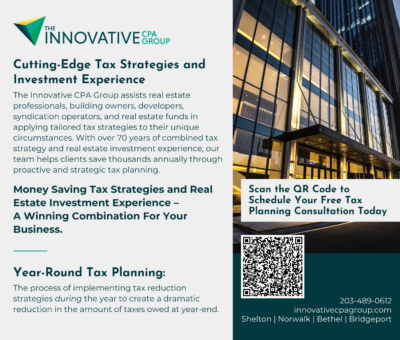
Qualifying for IRS Real Estate Professional status is the holy grail of tax-saving strategies for high-income real estate business owners. This designation enables real estate professionals to deduct unlimited rental losses against ordinary business income, bypassing the passive loss rules that typically apply to other taxpayers.
To qualify as an IRS Real Estate Professional, you must:
Accumulate over 750 hours in an active real estate trade or business.
Ensure that more than 50% of your total business activity is related to real estate.
Eligible real estate businesses include development, construction, management, leasing, brokerage, and investing.
The primary advantage of real estate professional status is the ability to use accelerated depreciation from rental properties you own to offset earned income. This can be achieved through an engineering-based cost segregation study to break out the cost of component pieces of a rental property into four parts:
- Tangible personal property depreciable (5 years).
- Land improvements depreciable (15 years).
- Building depreciable (27.5 years residential) or (39 years commercial).
- Land – not depreciated.
The tangible personal property and land improvements are subject to bonus depreciation, allowing 60% of their cost to be deducted in the first year of rental activity in 2024.
Here is a great example of how proactive year-round tax planning saved a real estate professional client big money in 2023:
A real estate broker client called me in March after selling a building earning him a $600,000 commission. He wanted to know how to minimize his taxes. Since this broker was an investor, I advised him to buy another property. He purchased an apartment building for $2,000,000 and had a cost segregation study done, reclassifying approximately $500,000 of the building cost into categories subject to bonus depreciation. In 2023, bonus depreciation allowed 80% of that amount to be deducted. This resulted in a $400,000 tax deduction, reducing the client’s taxable income to $200,000.
Additionally, the client made a maximum SEP contribution of $66,000 which reduced his taxable income to $134,000. Using our proactive year-round tax planning concept during the tax year, we implemented strategies that saved him over $116,000 in taxes for 2023!
If you are a high-income real estate professional and not leveraging rental properties to reduce your ordinary income, you are missing the boat on one of the most powerful tax advantages available today.
Ted Lanzaro is the Managing Director of Real Estate Tax Services at The Innovative CPA Group in Shelton, CT. With 33 years of experience, he specializes in helping real estate investors save thousands of dollars a year on their taxes. Contact Ted at 203-906-0505 or via email at tlanzaro@innovativecpagroup.com.























